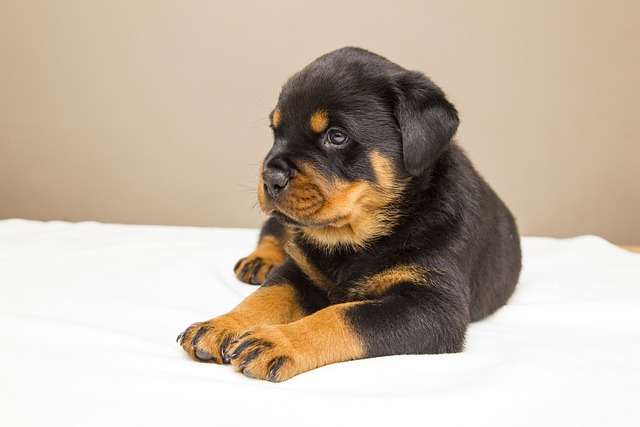
How do I teach my dog to jump for agility
You’re watching an agility trial at your local Portland park, mesmerized as a Border Collie soars over hurdles like a furry superhero.
Picture your puppy sniffing every leaf and lamppost on your morning walk—that relentless curiosity isn’t just adorable, it’s biological wiring begging to be harnessed. The truth might surprise you: puppies can begin scent work as young as eight weeks old, turning natural instincts into focused skills. Let’s explore how to start safely and effectively while navigating urban realities.
Biologically, a puppy’s nose is fully functional before they leave the breeder. At this stage, their brains are primed for scent association—like sponges absorbing patterns and rewards. Simple games hide treats under muffin tins or scatter kibble in cardboard boxes lay the foundation for puppy nose development. Keep sessions under three minutes though; young attention spans fade faster than ice cream in a Texas summer. Avoid intense essential oils like birch or anise—their delicate nasal tissues can’t handle concentrated stimuli yet.
Safety and legality anchor early training. Public parks often ban leaving scent materials under littering ordinances—California fines up to $300 for discarded cotton swabs or vials. Rabies vaccines are non-negotiable; training without proof risks $500 penalties in New York. And yes, scent games excite bowels—always carry biodegradable bags. Denver issues $200 tickets for uncollected waste, even if your beagle locks onto a trail mid-business.
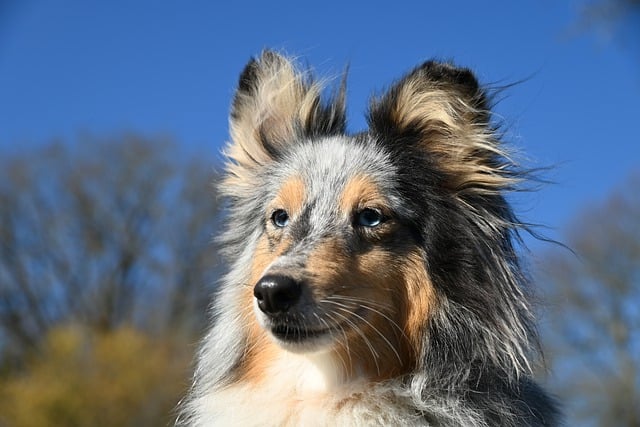
Apartment dwellers need clever adaptations. Store scents in airtight glass jars to prevent odor complaints—Chicago landlords cite "mystery smells" as lease violations. For tight spaces, create hallway "scent trails" by taping liver crumbles under baseboard heaters. Swap noisy squeaky rewards for silent tug toys in thin-walled buildings. One Seattle trainer avoided neighbor disputes by rinsing anise toys before late-night drills.
Cultural pitfalls matter deeply. Using vinegar or ammonia scents for correction violates force-free ethics and EU animal welfare laws. Instead, leverage scents as canine enrichment activities—hide lavender-scented blankets for calming searches during thunderstorms.
Progress hinges on maturity levels. Medical alert training for diabetes can start at six months using sterile saliva samples. Search-and-rescue work demands greater psychological resilience, typically beginning at 18 months. Competition nose work introduces essential oils like birch after full vaccination around 12–16 weeks. A Florida conservation labrador detected invasive iguanas at five months using frozen scat samples paired with chicken rewards.
Watch for joyful breakthroughs: that vibrating tail during living-room hunts or focused stillness in a park. These moments reveal urban scent games honoring your dog’s evolutionary legacy—ethically and legally. Start young, stay consistent, and let their nose lead the way.

You’re watching an agility trial at your local Portland park, mesmerized as a Border Collie soars over hurdles like a furry superhero.
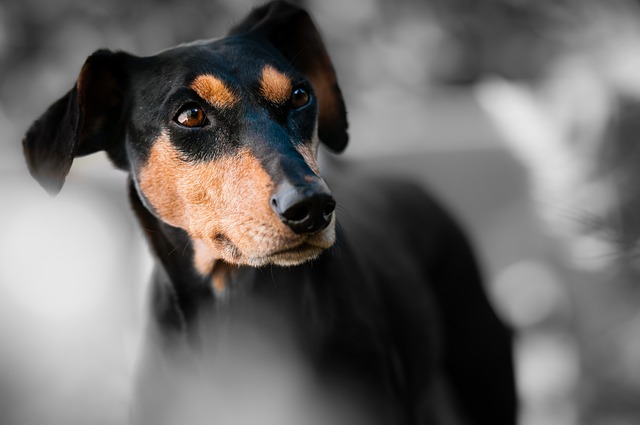
Coming home to another puddle on the carpet or a surprise in the corner can be frustrating, but potty training doesn’t have to be a never-ending battle.
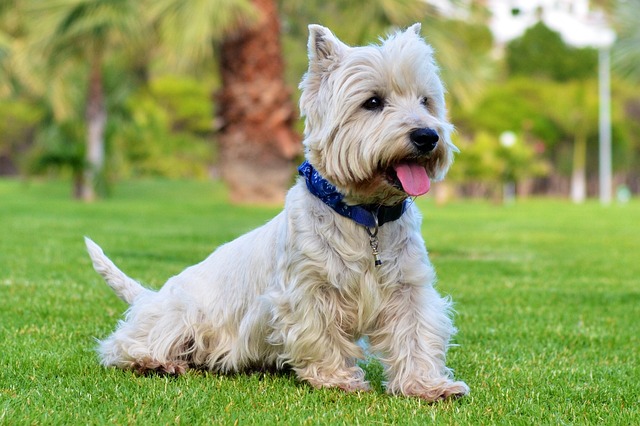
Watching your new puppy squat on the living room rug can send your heart into your throat. That sinking feeling, combined with the frantic grab for paper towels, is all too familiar for dog parents.
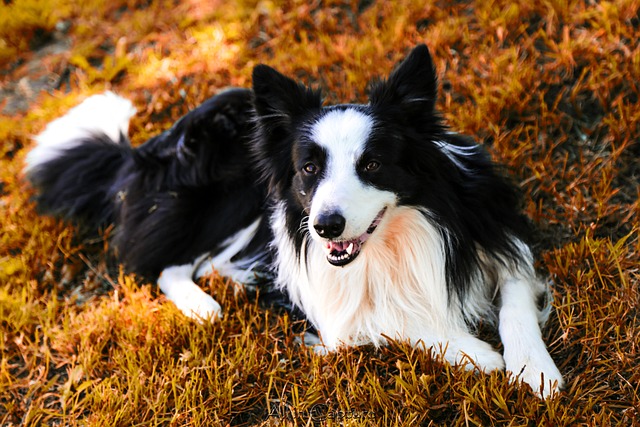
Understanding your dog's bark is key to harmony. Explore the emotional triggers behind their barking and strengthen your bond while finding effective solutions.
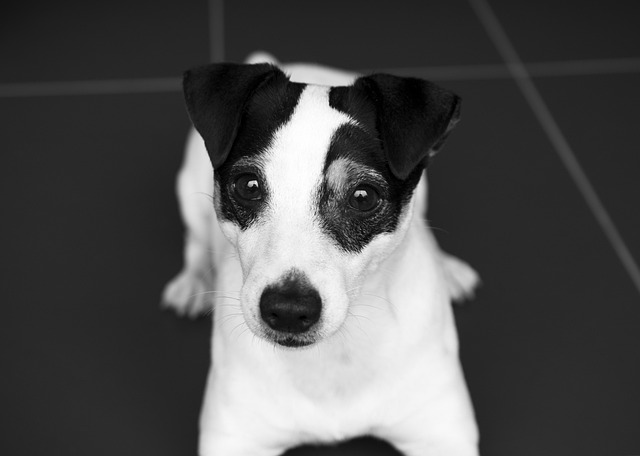
Bringing a new puppy home is an exciting time, but the task of potty training can feel overwhelming. Don’t worry—with patience, consistency, and the right approach, you’ll have your furry friend toileting in the right place in no time.
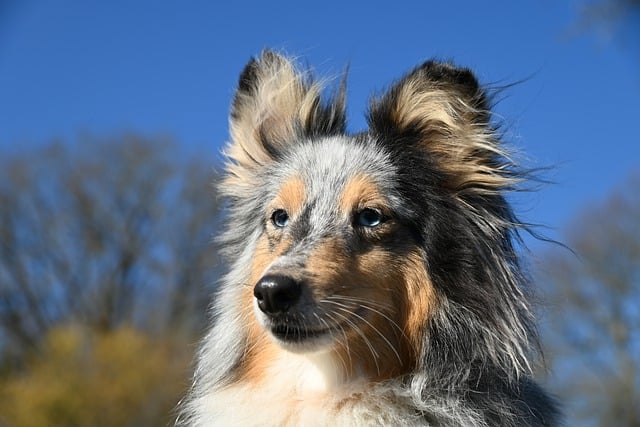
Picture your puppy sniffing every leaf and lamppost on your morning walk—that relentless curiosity isn’t just adorable, it’s biological wiring begging to be harnessed.